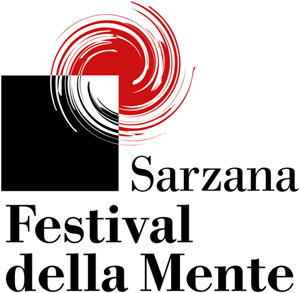2013 Programme
EVENT #27
Ulrich Beck
Why Europe?
Why Europe, and not just Italy, Germany, France, Poland, Great Britain, Sweden, Latvia and so on? We are accustomed to conceiving everything in national terms – society, the State, public opinion, sovereignty and even Europe. But in order to save ourselves, we should not understand nor shape Europe in this way. Today, European citizens could be stimulated by the idea of a cosmopolitan Europe. This could be the vision of Europe that cures Europeans of their fear of losing their identity. It should be founded upon a willingness and an ability to share in other people's perspectives. The safer Europeans feel, the more they feel the dignity of their respective nations recognized, the less inclined they will be to withdrawing into the respective States, and the more willing to defend European values in the world. It is in this cosmopolitan Europe, where people have both roots and wings, that Ulrich Beck would like to live.
teaches sociology at Munich's Ludwig-Maximilians-Universität, the London School of Economics and Harvard University. By his 1992 book Risk Society: Towards a New Modernity he has emerged as one of Europe's leading thinkers. His research focuses on the sociology of risk, the transformation of work, social inequalities, cosmopolitanism. Beck is a frequent contributor to la Repubblica. Several of his many books are published in Italian, including: Il normale caos dell’amore (with E. Beck-Gernsheim, 2008 Bollati Boringhieri); La società cosmopolita. Prospettive dell’epoca postnazionale (2003), Costruire la propria vita (2008), La crisi dell’Europa (2012), all three published by il Mulino; Il Dio personale. La nascita della religiosità secolare (2009), Potere e contropotere nell’età globale (2010), Disuguaglianza senza confini (2011), L’amore a distanza. Il caos globale degli affetti (with E. Beck-Gernsheim, 2012), Europa tedesca. La nuova geografia del potere (2013), all four published by Laterza.
EVENT #18
Stefano Bartezzaghi, Massimo Recalcati
To inherit or to be creative? Art in the time of disoriented generations





















